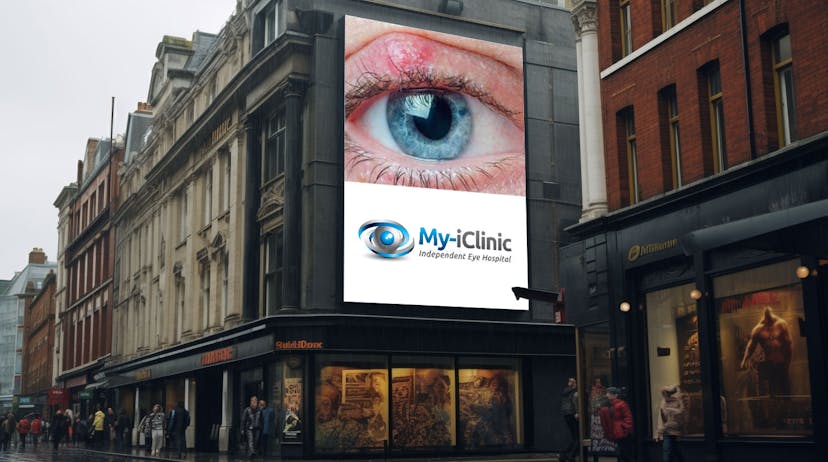
Stress is your body’s response to demands that your body has taken on and also events that are occurring in your life. This can be brought on due to fears, the loss of a loved one, an overload of work, money problems, the responsibility of raising a family plus many more reasons, everyone has experienced mild to severe stress in their lifetimes.
Regardless of the severity, it is important to manage stress effectively because if it becomes overwhelming, it could have a negative impact on your mental and physical health.
According to Medical News Today (2018), there has been a new analysis of clinic reports and existing research. Findings have shown that stress is not only a consequence of vision loss, but also a cause.
Although this is not common, it is frequently found that people are experiencing stress-related eye problems. These include:
Tunnel vision: Your peripheral vision may be decreasing, meaning you can only see clearly ahead of you.
Sensitivity to light: You may find yourself turning down or completely turning off your lights due to the brightness hurting your eyes or causing discomfort.
Eye twitching: You may be experiencing random eye spasms.
Eye floaters: You may find yourself seeing light spots that move around your vision.
Migraines: A moderate to severe headache that usually occurs on one side of your head. Associated symptoms include nausea, vomiting and increased sensitivity to light or sound.
Central Serous Retinopathy: This occurs when fluid starts building up in your retina. Although there is no exact cause, stress is believed to be a factor that triggers the disease.
Double Vision: Severe eye strain can cause temporary double vision, where two images appear instead of one.
Difficulty Concentrating: It can become more challenging to maintain focus and sustain attention on a task.
Increased Blinking: The eyes may start to blink more frequently in an attempt to relieve strain.
Muscle Fatigue: The muscles that control the movement and focus of the eyes can become tired, leading to a sensation of heaviness or achiness.
Dry or Irritated Eyes: Intense concentration on a task can reduce the rate of blinking, leading to dry or irritated eyes.
Difficulty Focusing: The eyes may have trouble transitioning between near and far distances, causing temporary difficulty in focusing.
Eye Discomfort: Strained eye muscles can lead to discomfort, including sensations of burning, itching, or a feeling of heaviness.
Central Serous Retinopathy can be detected through the dilation of your eye and an eye exam and usually clears up on its own after a few months with the vision being good although, there are some cases where people have found that their vision is not as clear as it once used to be.

Healthy Eye Support
To alleviate comma stress and support healthy eyes, it's important to take regular breaks during tasks that require intense visual concentration. The 20-20-20 rule is a good guideline: every 20 minutes, look at something 20 feet away for at least 20 seconds. Additionally, ensure that your workspace is properly lit, and consider adjusting the brightness and contrast on screens to reduce glare. Lastly, maintaining an ergonomically friendly posture while working or reading can help prevent unnecessary strain on the eyes and surrounding muscles.
Relax & Learn To Be Stress-Free
Take a step back and relax!
Your symptoms are your body’s way of telling you something is going wrong. Don’t ignore the warning signs. It’s important to get enough rest and make sure you are eating/drinking properly.
As well as this, you should try to find ways to reduce the amount of stress your mind and body are taking on. Some people find that taking baths, meditation, exercising, drawing and many more activities are excellent ways to unwind after a stressful day.
If you are stressed due to work, Mind has recommended that employers should start conversations about stress in the workplace. By doing so, staff will be able to share their thoughts and feelings when they are feeling stressed.
If your workplace does not have these types of conversations, speak to your employer about implementing something that will help you and your co-workers. Once you have dealt with the cause of what has been causing you stress, your eye problems should go away over a period of time.
If you feel that it could be more than just stress, arrange an appointment to see your GP or your local Optometrist.
Find out more by Speaking to our team









